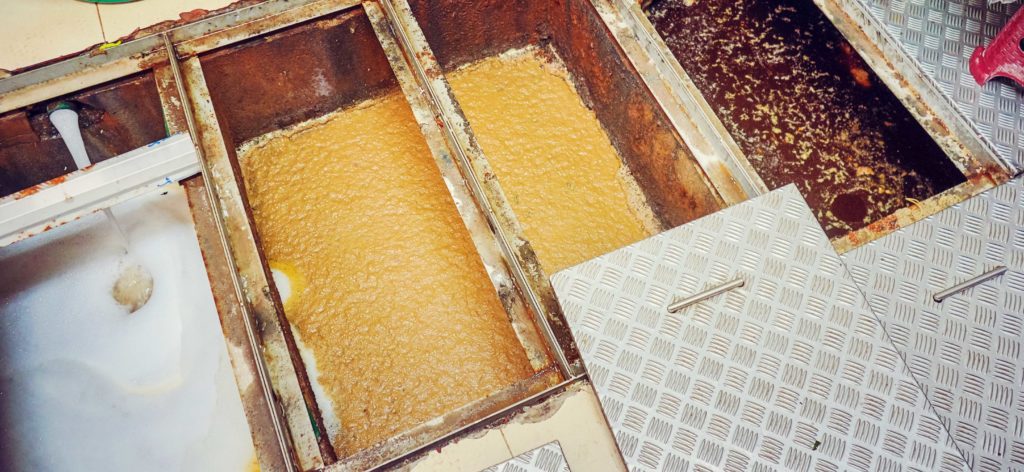Changes In Florida Grease Trap Regulations Concern Commercial Kitchen Owners
In an effort to reduce sewage spills and runoff from grease interceptors, a county in Florida approved a fats, oils and grease ordinance that required business owners to increase the frequency in which they pump out their grease traps.
However, several business owners said the first time they heard of the regulation change, which will give commercial kitchen owners an added cost, was shortly before the ordinance went into effect.
The assistant director for public utilities said the purpose of the ordinance is to ensure that businesses have the appropriate infrastructure to prevent grease from entering the county’s wastewater collection system, which can cause clogs and blockages.
When that happens, it can cause a sanitary sewer overflow. According to county documents, from 2014 to 2018, the county averaged 57 sanitary sewer overflows a year.
“With some of the concerns that have been cropping up around water quality, we felt it was important to implement this program at an accelerated pace to start reducing the amount of sanitary sewer overflows, which is really the overall objective,” the assistant director for public utilities said.
Food service establishments will now be subject to the following requirements:
- An initial survey and inspection
- Presence of a grease interceptor/trap
- Routine pump-outs every 90 days
- Record-keeping of the pump-outs
- Routine reports to a licensed hauler and
- A monthly assessment and program fee, paid per utility bill.
Small grease traps that are placed under sinks will need to be pumped out every 30 days, and larger grease interceptors will need to be pumped every 90 days, said the compliance enforcement manager.
A restaurant owner who owns three local restaurants said the changes to his regular water bills and the increased frequency of pumping will cost him upwards of $2,000 at each location annually.
“It can make a world of difference in a lot of businesses because adding another $266 to a budget on a monthly basis is a considerable amount of money with no notification at all,” the restaurant owner said.
Although the assistant director for public utilities acknowledged that owners weren’t given a lot of time to prepare, he said these regulations are best industry practice and that turning them into an official ordinance is a project that has been needed for a while. The County is one of the last governmental bodies in the region to adopt a FOG ordinance.
According to county documents, “grease disposed of by restaurants, homes and industrial sources to the sanitary sewer system” cause 47% of reported blockages that contribute to sanitary sewage overflow.
The assistant director for public utilities said the first few months will be about education of the program, not enforcement.
“We don’t intend to take a heavy-handed approach,” the assistant director for public utilities said. “We want to educate and inform first rather than just starting enforcement.”
However, when the county does begin enforcing the ordinance, the Director of Public Utilities said that noncompliance issues will be handled on a water bill.
Those issues could range anywhere from an additional inspection because of noncompliance to the cost of pumping an owner’s grease trap for grease. In extreme cases, the Director of Public Utilities said that the county could terminate an establishment’s water services.
If you’d like to prevent your grease trap from getting clogged with food solids which require it get pumped out more often, consider installing The Drain Strainer. It allows your sinks to still drain quickly while capturing all the food waste that would normally clog your pipes.
It also creates an air gap, so if your sewer ever backs up, the water can’t travel back up to your 3 compartment sinks. Invented by a former restaurant owner, The Drain Strainer is an effective and affordable alternative to a commercial garbage disposal.

